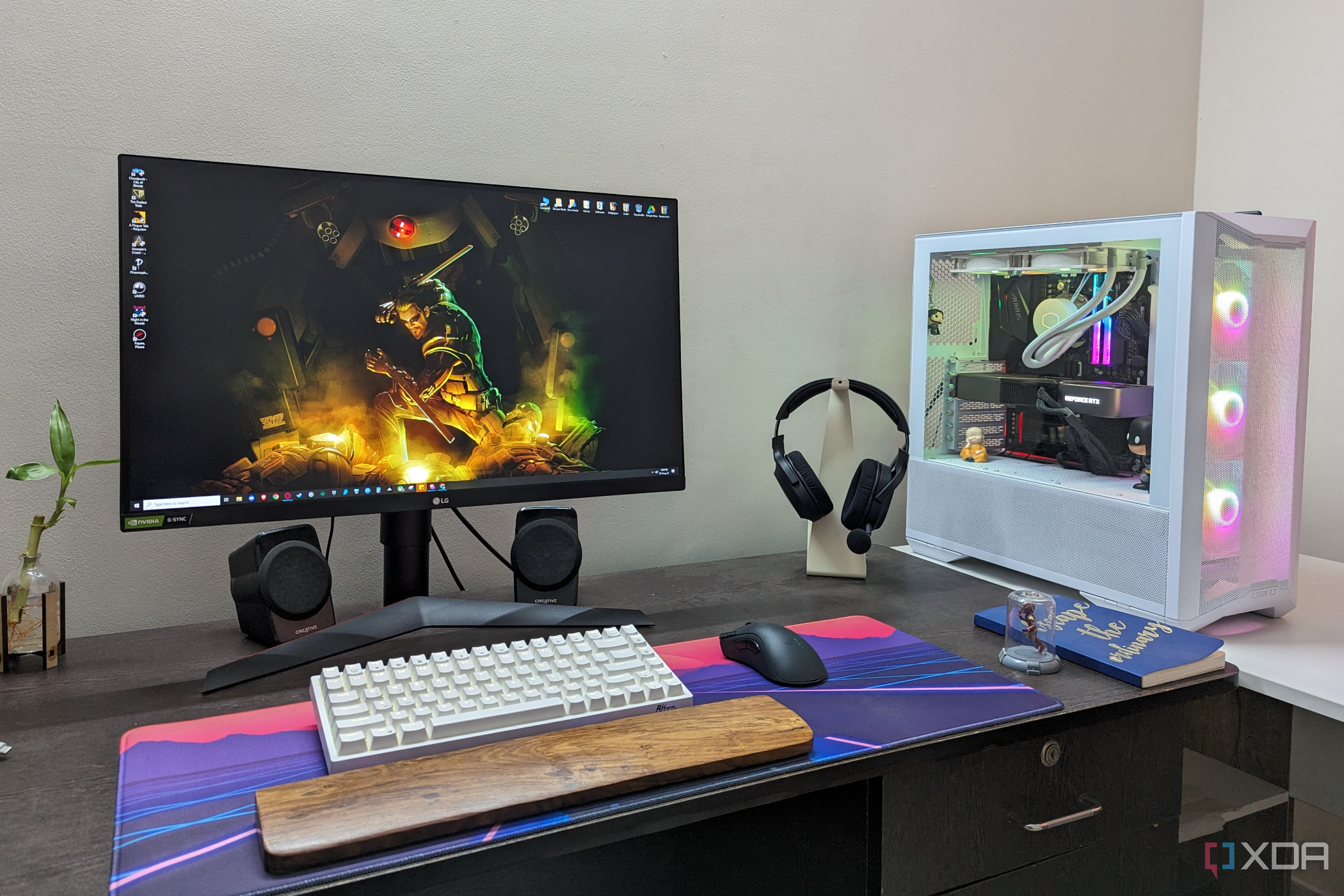Blitz News Digest
Stay updated with the latest trends and insights.
Level Up Your Windows: Gaming Bliss Awaits
Unlock gaming paradise! Transform your Windows setup for ultimate performance and discover tips to elevate your gaming experience.
Top 10 Tips to Optimize Windows for Gaming Performance
Optimizing your Windows system for gaming performance can dramatically enhance your gaming experience. Here are Top 10 Tips to ensure you get the best performance possible:
- Update your graphics drivers regularly. Keeping your drivers up to date can provide performance boosts and fix bugs.
- Disable unnecessary startup programs. This will free up system resources, allowing your games to run smoother.
- Adjust your power settings to 'High Performance.' This setting prevents your PC from throttling performance to save energy.
- Configure your game settings for optimal performance, especially resolution, texture quality, and frame rates.
- Use the Game Mode feature in Windows 10 and 11. This feature prioritizes gaming resources and reduces background activity.
Continuing with our Top 10 Tips, consider the following:
- Clean up your hard drive regularly. Use built-in tools like Disk Cleanup to remove temporary files that may slow down your system.
- Defragment your hard drive (if using an HDD). This helps improve load times by re-organizing fragmented data.
- Monitor your system temperatures to prevent overheating. Keeping components cool allows them to function optimally.
- Upgrade your hardware when necessary. Adding more RAM or upgrading to an SSD can make a significant difference.
- Finally, disable unnecessary visual effects in Windows. These can consume valuable resources that would be better allocated to your games.

How to Choose the Best Graphics Settings for Your Favorite Games
When it comes to selecting the best graphics settings for your favorite games, understanding the balance between performance and visual fidelity is crucial. Begin by assessing your hardware capabilities; knowing the specifications of your graphics card and processor will guide your choices. For instance, if you have a high-end GPU, you might want to experiment with ultra settings to fully appreciate the game's visuals. However, if you're playing on a budget setup, lowering settings such as texture quality and anti-aliasing can significantly improve your frame rates, resulting in a smoother gaming experience.
Additionally, consider the type of game you're playing. First-person shooters often benefit from higher frame rates, making it advisable to prioritize performance settings, while open-world RPGs can be enjoyed even at lower frame rates if they boast rich environments. To effectively adjust your graphics settings, utilize in-game benchmarks or performance metrics to find the sweet spot. Always remember that achieving a steady frame rate can enhance your gameplay, so make adjustments gradually and monitor the impact on performance and visuals.
Is Your PC Ready for Next-Gen Gaming? Key Upgrades to Consider
As the gaming landscape evolves with ever more demanding titles, ensuring your PC is ready for next-gen gaming is crucial. The latest games not only push the envelope in terms of graphics realism but also require more robust hardware capabilities. To maximize your gaming experience, start by evaluating your graphics card. A powerful GPU is the heart of any gaming rig, and upgrading to a next-gen model can dramatically improve frame rates and visual quality. Additionally, consider investing in a faster SSD to reduce load times and enhance overall system responsiveness.
Beyond the GPU and storage, memory plays a vital role in handling next-gen gaming demands. Upgrading to at least 16GB of RAM ensures smooth multitasking while gaming, preventing slowdowns caused by background applications. Furthermore, if you're aiming for higher resolutions or refresh rates, your CPU may also need an upgrade to avoid bottlenecks. Overall, assessing these key components will determine if your PC is ready for next-gen gaming and can deliver the immersive experiences you crave.